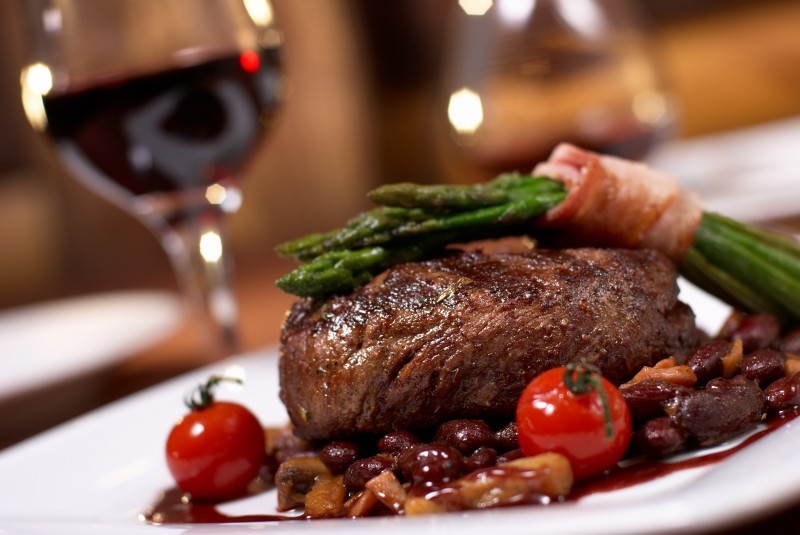
There is no 'perfect diet'; we're all different and so whether we are looking to lose weight, to optimise our health or to have a bit more energy, we will all need something slightly different.
'Science' can be confusing or inconclusive as there are so many variables that play a role, so we have come up with a few general principles from a combination of the available research, personal or first-hand experience and theoretical reasoning
They are by no means exhaustive, but most people will feel better, look better and lose some weight if they can incorporate them:
Eat real, whole foods that come to you in their natural state
As far as possible, unrefined, unprocessed, as it comes out of the ground, off the tree, out of the water, from the field, as little added or taken away as possible. Bread doesn't grow on trees?.
Eat a protein-based breakfast
I'm a big advocate of a protein based breakfast. It not only helps with weight loss but also energy levels and mental focus throughout the day.
Eat more vegetables, especially greens
This is one pretty much everyone agrees on. More vegetables = more nutrients = more fibre = happier digestive system
Eat more fish
Getting sufficient protein in your diet is very important, generally the more of this you can get from fish the better - please see No 6
Watch what you drink - and I don't just mean alchohol
When working with clients I'm not usually too concerned
about calories. However it is easy to drink 'empty' useless calories which your body can't do anything with and this
is a great way to gain weight or stop yourself losing any. Avoid fruit juices and fruit smoothies,
adding sugar to hot drinks and watch the alcohol intake.
6. Quality over quantity
Organic and local where possible. Remember that whatever you are eating, ate
(or was injected with), you are now eating second hand!
Frozen can often be better than fresh
Be aware of other lifestyle factors
Even if you eat well and exercise regularly, these things can stall your results.
Sleep and stress are two of the biggest
